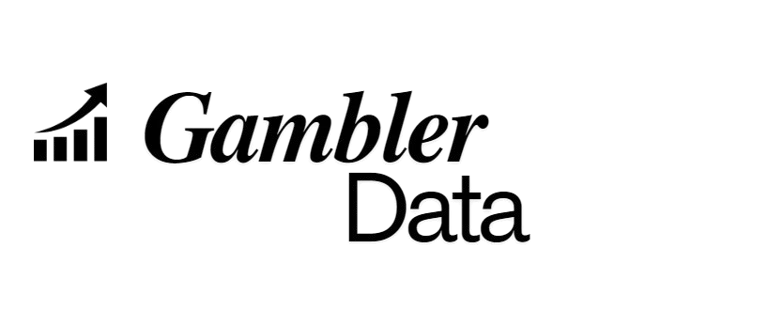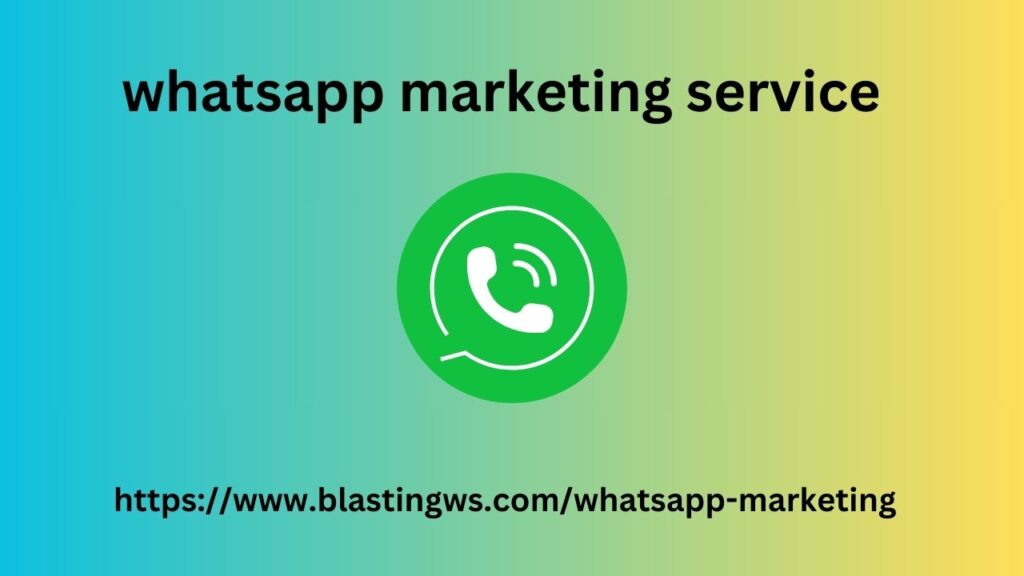In today’s digital age, technology, and WhatsApp in particular, has profoundly transformed the healthcare sector. WhatsApp in the healthcare field has become an essential pillar in communication between professionals and patients, redefining interaction patterns in this sector.
Using WhatsApp in the healthcare field, professionals whatsapp marketing service can send instant messages, share documents and make voice or video calls, thus facilitating better accessibility to health services. This tool has revolutionized the delivery of medical care, improving efficiency in communication.
WhatsApp’s impact in the healthcare field is significant, improving healthcare services. It enables immediate communication, promotes more efficient service delivery and improves patient experience. In the modern world, WhatsApp has proven to be an indispensable ally in the healthcare sector, proving its importance and usefulness in this vital area.
Collaborative Health: Connecting health professionals through WhatsApp
WhatsApp’s group chat feature is a boon for healthcare professionals. It facilitates the formation of professional communities where doctors, nurses, therapists, and other medical employees can:
1. Exchange professional insights
WhatsApp offers a simple platform for doctors to share knowledge and learn. It allows for the creation of special groups to discuss cases and share ideas.
In these WhatsApp groups, doctors can discuss difficult cases and ask colleagues for advice. They can also share research and studies, fostering collective learning.
WhatsApp makes it easy for doctors from different locations and specialties to connect and collaborate. It makes it easier to ask questions, receive different opinions and find joint solutions.
2. Share medical research discoveries
WhatsApp in healthcare makes it easier for doctors to share research findings. They can use WhatsApp to send important information to other healthcare professionals, including articles, studies, and new findings.
This tool helps spread knowledge and improve healthcare. It allows doctors to learn from each other and stay up to date with the latest research. Sharing information can lead to better treatments for patients.
WhatsApp also helps doctors discuss and better understand research. They can chat, ask questions, and share opinions about studies. This exchange encourages learning and the generation of new ideas.
3. Discuss Challenging Cases
WhatsApp in healthcare is revolutionizing whatsapp business web: how to use it for your business? medical communication. Doctors can create groups on the platform to discuss difficult cases. WhatsApp’s group chat feature has become essential for getting advice and opinions.
When faced with a complicated case, doctors use WhatsApp to share and discuss. They can detail symptoms, test results and previous treatments. Colleagues contribute their experience and recommendations, collaborating to find the best solution.
This collaborative discussion on WhatsApp benefits both doctors and patients. It allows doctors to exchange ideas, learn from each other, and consider different approaches. This collaboration leads to more accurate diagnoses and effective treatments, improving patient care.
4. Coordinate in real time for patient care
WhatsApp is a key tool for real-time medical coordination. It allows doctors to communicate quickly and efficiently, ensuring optimal coordination and decision-making.
Doctors can use WhatsApp groups to discuss cases, share updates and exchange vital information. This makes it easier to coordinate efforts and align treatment plans.
In emergencies, WhatsApp is useful for contacting specialists and getting quick advice. It allows patient records and diagnoses to be shared securely, facilitating remote collaboration.
It also helps doctors assign tasks, set reminders, and share updates on patient care. This keeps the healthcare team informed and contributes to patient well-being.
It is vital to maintain patient confidentiality and bulk data security when using WhatsApp in healthcare. Information should be anonymized and shared only with those who need it for patient care.
5. Appointment scheduling and reminders
Doctors can use WhatsApp to efficiently schedule appointments. Appointment details can be sent directly to patients. This simplifies scheduling, avoiding phone calls or emails.
WhatsApp is also useful for sending appointment reminders. Doctors can set up automated or manual reminders. These can include important instructions or required documentation.
Patients can easily confirm or change appointments via WhatsApp. They simply need to send a message to the doctor to indicate their availability or request a change. This two-way communication makes it easier to manage schedules and reduces missed appointments.
6. Sending Health Updates and Test Results
Doctors can use WhatsApp to securely share health updates and test results with their patients. They can send important information, such as lab reports, diagnostic imaging results, or treatment updates, directly to the patient’s WhatsApp account. This allows patients to receive their health updates quickly and accessibly.
By using WhatsApp, doctors can provide clear explanations and clarifications about test results. This allows patients to better understand their health condition and the next steps in treatment. Additionally, doctors can answer questions or concerns patients may have about test results.
Additionally, sharing health updates via WhatsApp can help patients stay more engaged with their health. They can feel more connected to their care journey and can make more informed decisions about their health.
7. Patient Counseling and Education
Doctors can use WhatsApp to provide counseling and education to their patients. They can send useful information, such as lifestyle tips, exercise recommendations, or dietary guidelines, directly to the patient’s WhatsApp account.
Additionally, doctors can use WhatsApp to send reminders about taking medications or to provide instructions on how to manage side effects. This can help patients adhere to their treatment and manage their health more effectively.
Using WhatsApp, patient education can be personalized and tailored to individual needs. Doctors can provide specific information based on the patient’s health condition, medical history, and preferences. This personalization can result in more effective, patient-centered care.
8. Patient Monitoring and Follow-up
WhatsApp can be a valuable tool for patient tracking and monitoring. Doctors can use WhatsApp to check on patients’ progress after appointments or treatments. Patients can report changes in symptoms or ask questions about their treatment through this app.
Additionally, doctors can use WhatsApp to monitor patients with chronic diseases. Patients can send regular updates about their symptoms, home health measurements such as blood pressure or blood glucose readings, and any other changes in their health status. This allows doctors to closely monitor their patients’ health status and adjust treatment as needed.
Remember, doctor-patient communication via WhatsApp must comply with all local laws and regulations regarding the privacy of health information.
WhatsApp in healthcare reflects the growing relevance of technology in medicine. Despite its advantages, privacy and data security are crucial. Secure methods should be used to share sensitive information, and patient consent should always be obtained.
9. Educate about Preventive Health Care
WhatsApp becomes an effective platform to educate the population about preventive health care. Healthcare providers can share useful information such as dietary guidelines, importance of exercise, preventive measures against common diseases, and much more.
For example, a WhatsApp group can be set up for the local community and regularly share health and wellness tips, health news, and updates on health services available in the community. Group members can ask questions, share their experiences, and learn from each other.
10. Facilitate Nutrition and Dietary Advice
Healthcare professionals can use WhatsApp to share dietary advice and guidance. They can inform patients about the importance of a balanced diet, how to control portions, and which foods are healthier.
Nutritionists can create a WhatsApp group to regularly share healthy recipes, meal planning tips, and guidance on choosing nutritious foods. Group members can exchange ideas, ask questions, and learn more about nutrition.
11. Dissemination of Public Health Information
Health departments and public health organizations can use WhatsApp to disseminate public health information and update the community on disease outbreaks, vaccination campaigns, health alerts, and more.
Health authorities can create a broadcast list on WhatsApp to send mass messages, ensuring that important information reaches a large number of people at the same time.
With instant notifications, people receive updates in real time, increasing the likelihood of quick action. Additionally, WhatsApp’s multimedia content support allows health authorities to make their messages more engaging and easier to understand.

